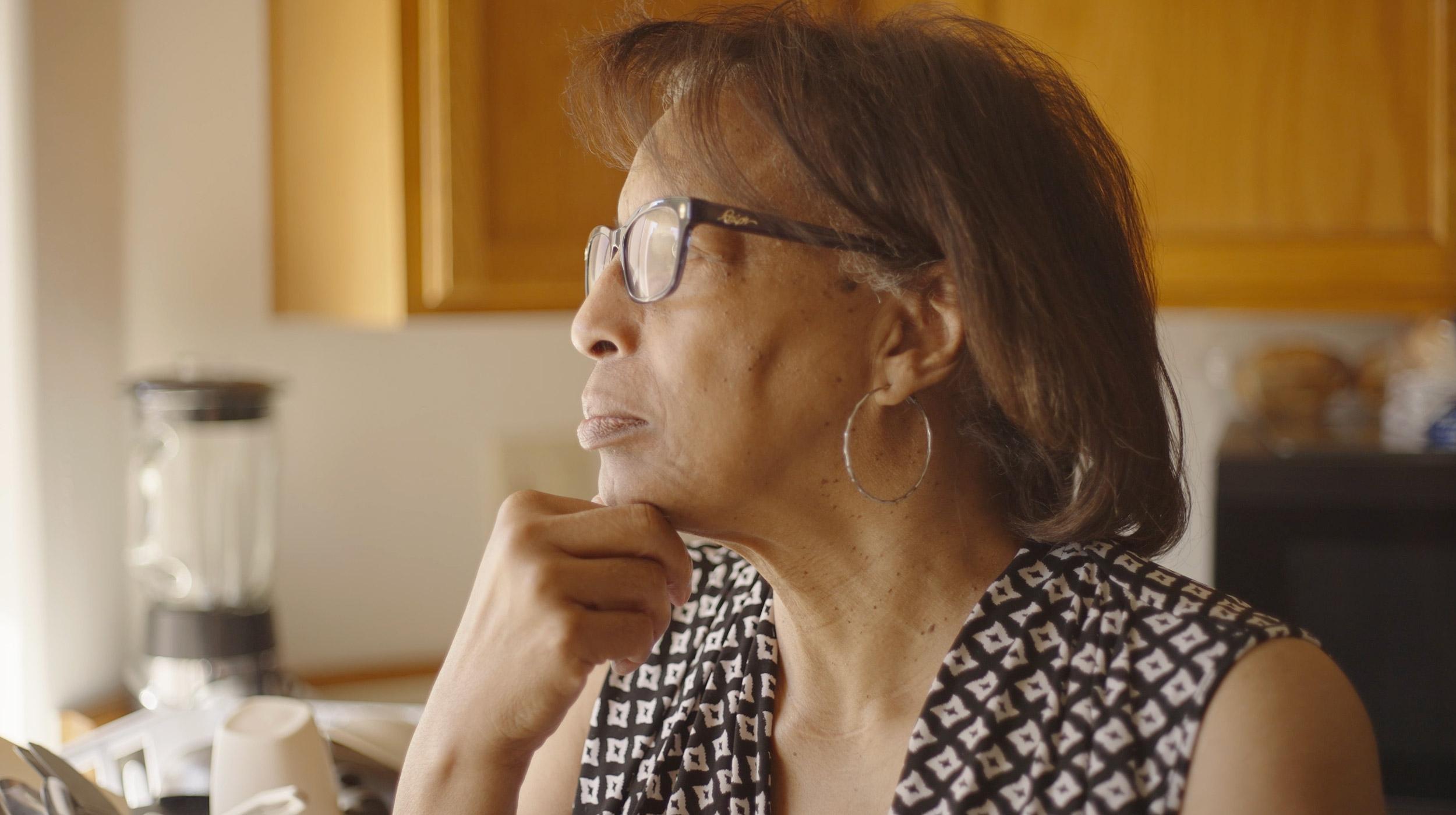Dale Gibbs awoke to banging on the door of her parents’ home in Ripley, Mississippi, in the early hours of May 15, 1970, just three days before her 19th birthday.
Her husband, Phillip, a 21-year-old senior at Jackson State College, was expected to return that night after making the nearly four-hour drive from campus. But he wasn’t banging on the door. It was Phillip’s sister, Nerene, and a neighbor.
Nerene was screaming.
Courtesy of Dale Gibbs
Phillip Gibbs had been shot and killed by police on Jackson State’s campus in a 28-second barrage of more than 400 bullets. The officers had arrived after someone set fire to a dump truck during mounting tensions between students at the Black college and White motorists who drove through it. Firefighters extinguished the fire, but the officers inexplicably turned and marched a couple of blocks deeper into the campus, stopped in front of Alexander Hall, a women’s dormitory, and opened fire. They shot students in front of the dorm and others through the dorm’s glass windows.
Phillip Gibbs was one of the onlookers.
James Earl Green, a high school senior, was also shot and killed on the other side of the street while walking home from his job at the Wag-a-Bag corner store. Twelve more people were shot and injured, while countless others were left with physical and psychological trauma.
That terrible night, Dale Gibbs told The Marshall Project - Jackson 55 years later, she was determined to go back to sleep, hoping it was all a dream.
Her husband was gone. Their infant son, Phillip Jr., would grow up without a father. And there would be no justice. No one was ever charged.
“They murdered my husband, and they murdered James Green, and they got away with it,” she said. “After you reach that 30-to-40-year mark, you lose hope.”
Unbeknownst to Dale Gibbs, the Department of Justice opened an investigation into the killings under the Emmett Till Unsolved Civil Rights Crime Act, during the first Trump Administration, according to department documents.
But now, the future of that federal investigation is unclear. Though the department has made no public statement about the status of the remaining Till Act cases, policy changes under the second Trump Administration and the mass resignation of attorneys within the Civil Rights Division appear to threaten both the future of this investigation and the division as a whole.



